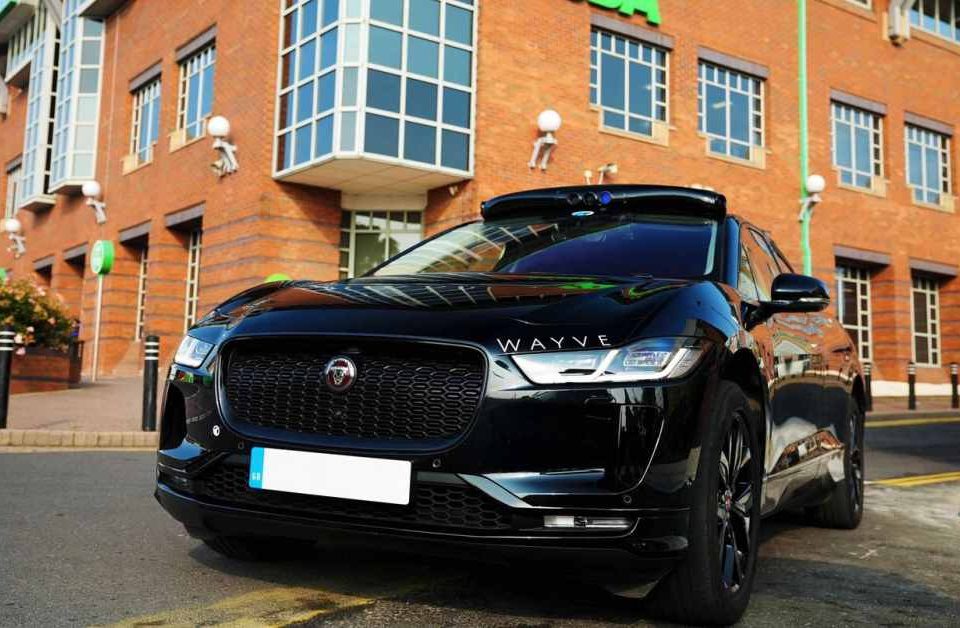Uber invests in SoftBank-backed self-driving tech startup Wayve

Earlier this year, Wayve drew major attention when the British self-driving tech startup raised $1.05 billion in Series C funding. The investment was set to boost the development of autonomous mobility and the rollout of production-ready vehicles featuring its Embodied AI for automated driving.
Fast forward roughly six months later, Uber and Wayve announced on Thursday a partnership to advance autonomous driving technology. As part of the collaboration, Uber is also investing an undisclosed amount for a minority stake in Wayve.
This new investment builds on Wayve’s $1 billion Series C funding round from February, which saw contributions from Japanese tech investor SoftBank, U.S. chipmaker Nvidia, and software giant Microsoft.
“Wayve is developing a versatile driving AI capable of supporting all levels of driving automation in any vehicle, globally,” Wayve’s co-founder and CEO Alex Kendall said in a statement.
Kendall expressed enthusiasm about collaborating with Uber and working with automotive OEMs (original equipment manufacturers) to expedite the introduction of autonomous driving technologies to the market, CNBC reported.
Uber CEO Dara Khosrowshahi remarked that both companies share a vision of transforming mobility for the better.
“Wayve’s innovative Embodied AI approach offers significant potential as we work towards a future where vehicles are shared, electric, and autonomous,” Khosrowshahi said.
As part of the partnership, Uber plans to incorporate Wayve’s AV2.0 technology—an algorithm-based product that enables vehicles to drive autonomously using environmental data—into consumer vehicles. This will enable various automated driving features, according to the statement.
Wayve’s AV2.0 is an all-encompassing AI solution that allows automakers to add Level 2+ advanced driver assistance and Level 3 and 4 automated driving capabilities to existing vehicles.
Levels of vehicle autonomy are defined by SAE International, a global standards body for mobility engineering. Looking ahead, Uber aims to feature self-driving vehicles equipped with Wayve’s technology on its app.

Wayve was founded in 2017 by a team of Cambridge University engineering department researchers. The team has developed an AI smart enough to learn how to drive a car by using just a computer and one camera, in about 20 minutes. Unlike other autonomous cars from bigger companies relying on custom-built hardware for their autonomous vehicles, Wayve made its own with only reinforcement learning as the foundation.
Embodied AI represents a significant leap in AI evolution, surpassing previous benchmarks set by Generative AI and large language models. Its integration into vehicles and robots is poised to transform machine-human interactions in real-world scenarios, enhancing the usability and safety of autonomous driving systems by enabling them to handle unpredictable situations, such as sudden actions by drivers, pedestrians, or environmental changes.
Wayve’s technology, now implemented in six vehicle platforms, including electric models like the Jaguar I-PACE and Ford Mustang MachE, plays a crucial role in advanced driver assistance systems (ADAS). With ongoing improvements in self-driving technology, Wayve promises to continually enhance its AI through over-the-air software updates.

Wayve




